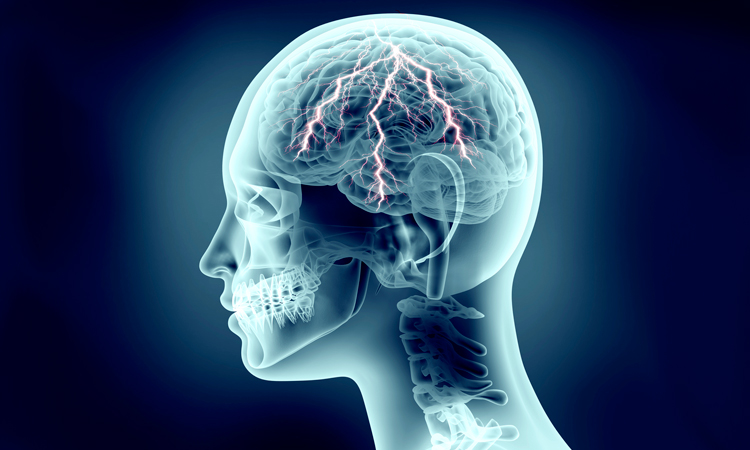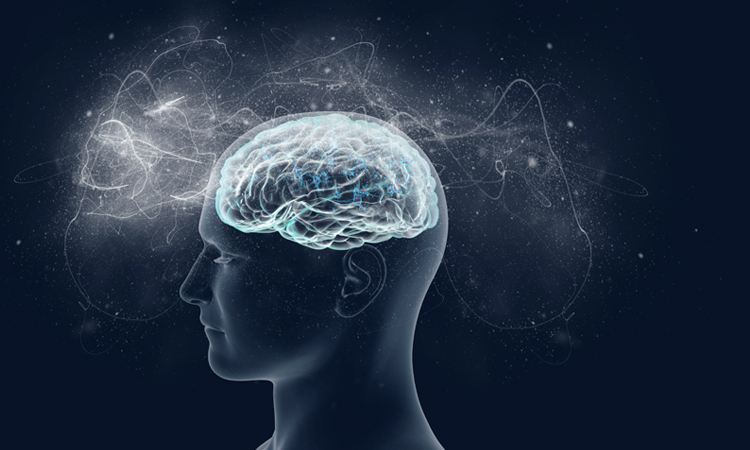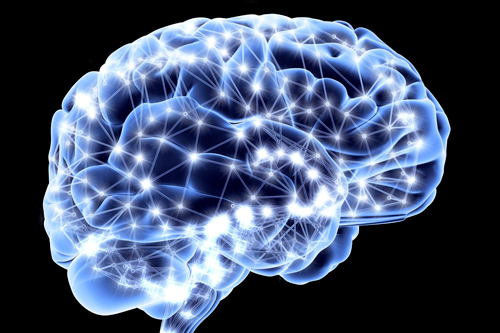“While there is sometimes no quick fix for physical pain, the way we respond emotionally can make all the difference.”
-Rose Caiola
“Caring for the mind is just as important as caring for the body. In fact, one cannot be healthy without the other.”
– Sid Garza-Hillman
While no one thinks twice about getting butterflies in the stomach before going on stage or the ache in your chest if your crush throws you a smile, when you start talking about emotions causing physical pain, people look at you like you’re talking about voodoo. Yet, there’s no doubt that emotions, both good and bad, have huge impacts on the body and can literally cause you physical pain.
Psychogenic pain, sometimes called psychalgia, is real pain caused by emotional factors. Most often this pain manifests in headaches, back pain or stomach issues, such as cramping, diarrhea, and even Irritable Bowel Syndrome (IBS). According to studies done on the brain, there is no way to differentiate between pain caused by physical ailments and those caused by emotional. Although most people have experienced this kind of pain in mild forms, the idea of psychogenic pain is still stigmatized and not considered real pain by too many people.
By learning about psychalgia, you can become your own health hero and pay attention to what your body is trying to tell you when it comes to your physical and emotional well-being.
In What We Say
If you’re hesitant to believe that emotions can cause physical pain, take a moment to look at these common sayings.
- That child is a pain in the neck.
- She’s suffering from heartache.
- He was so mad, he saw red.
- That was gut-wrenching.
- I was so nervous, I was sick to my stomach.
- I’ve got too much on my shoulders right now to take on another project.
Pain Happens in the Brain

No matter where you hurt on your body, the pain is actually occurring in the brain. Nerve signals run back and forth from across the body, and once the brain receives a signal that there has been tissue damage, a neurological process occurs that makes you feel pain. It makes sense that other stimuli, such as stress, sadness or anger, can also cause the brain to make a similar neurological response. For those who experience chronic pain, which is pain that lasts long after the body has healed, chances are emotional issues may cause it.
Old Medicine
While this may sound new age, it’s old medical philosophy. Ancient Chinese medicine had no doubt that emotions interfered with the body and its functions. Even modern medicine agrees that stress and anxiety can slow the body’s ability to heal, increase a person’s risk of heart disease and obesity. Stress and other emotions may also have something to do with the development of Type 2 diabetes.
If you’re experiencing physical pain but don’t know the cause, step back and examine your mental and emotional health. Physical symptoms of emotional pain are the body’s way of reminding you that you have issues that need to be dealt with.
Tips for dealing with psychalgia
- Learn relaxation techniques and use them regularly
- Practice yoga
- Find forgiveness
- Be in the present
- Practice mindfulness



